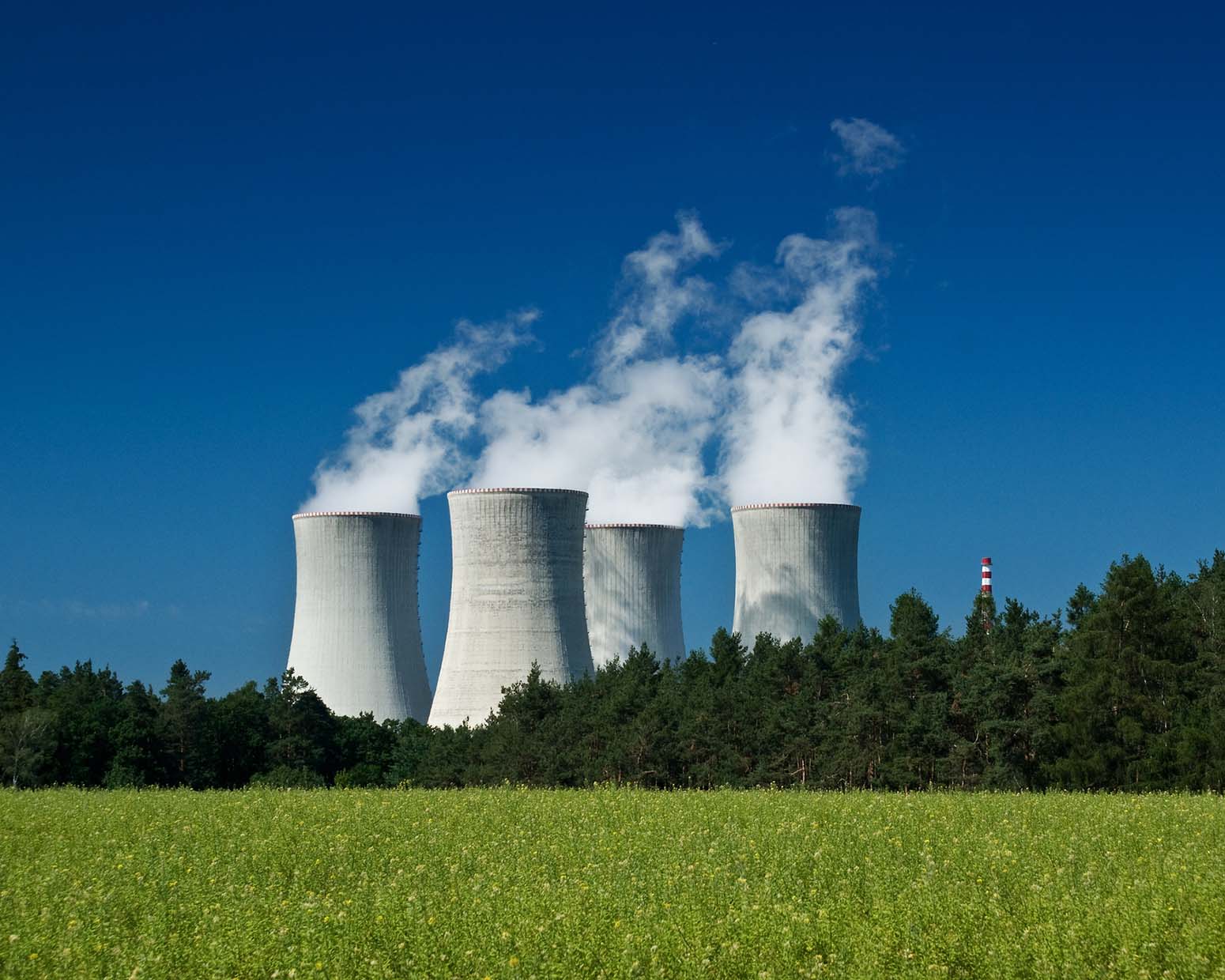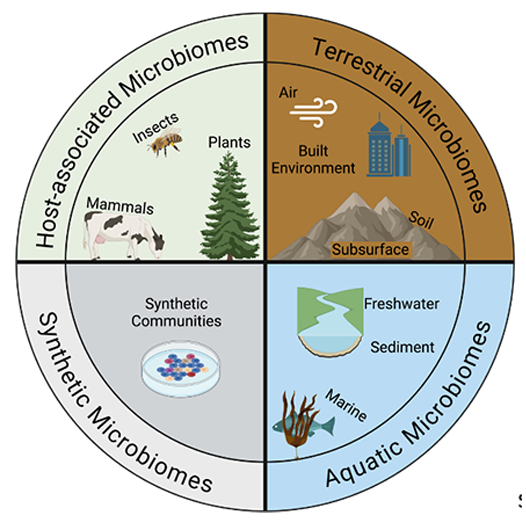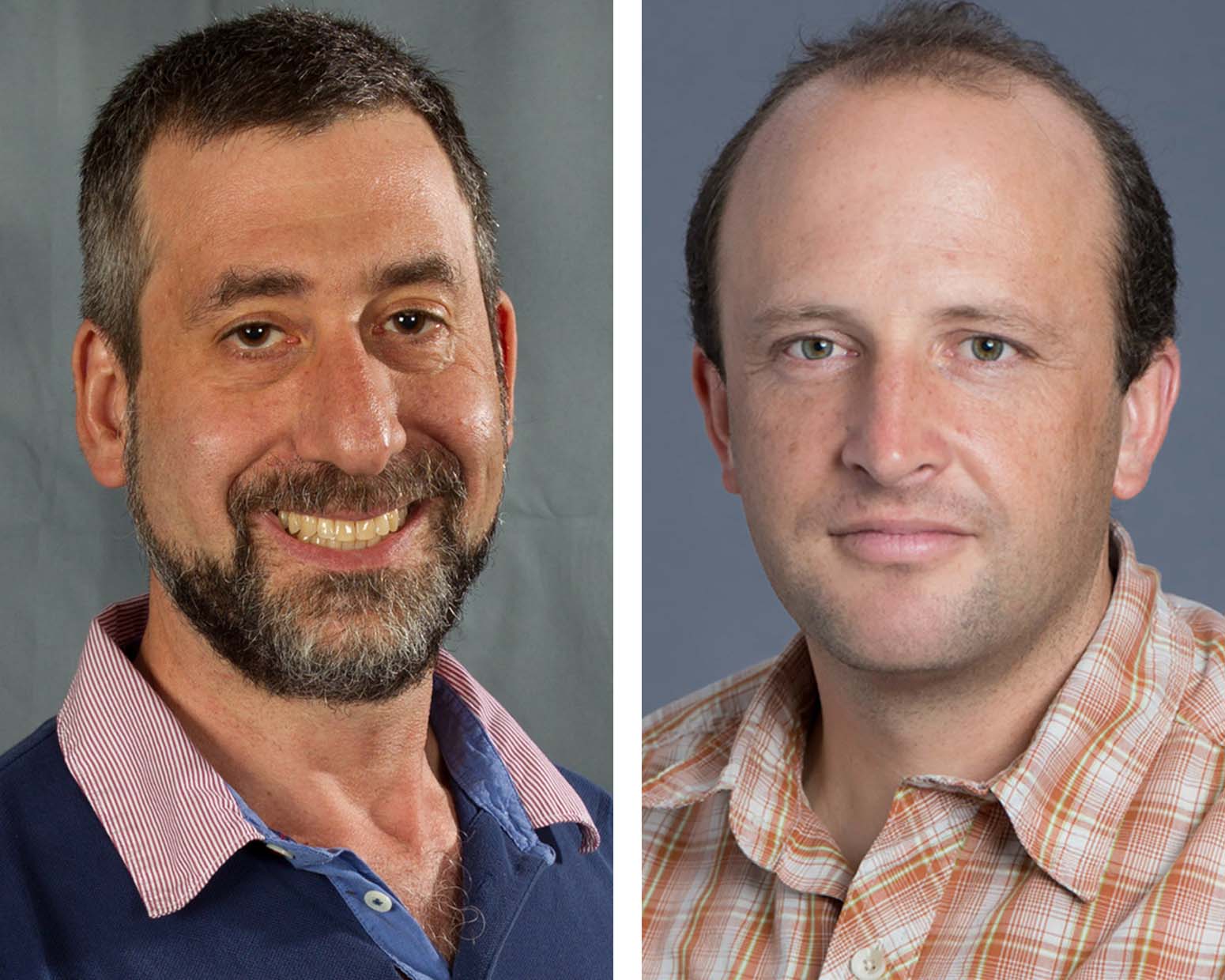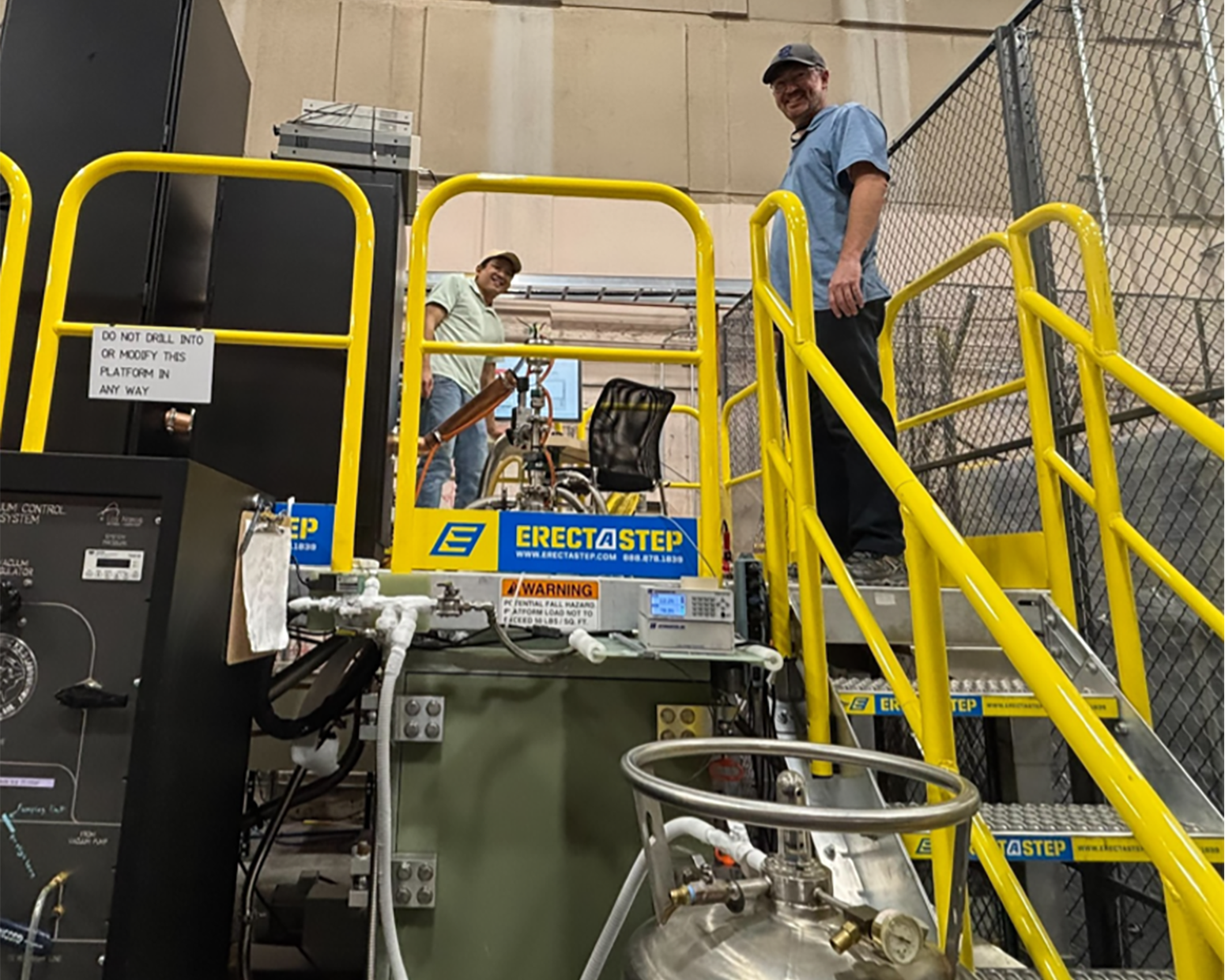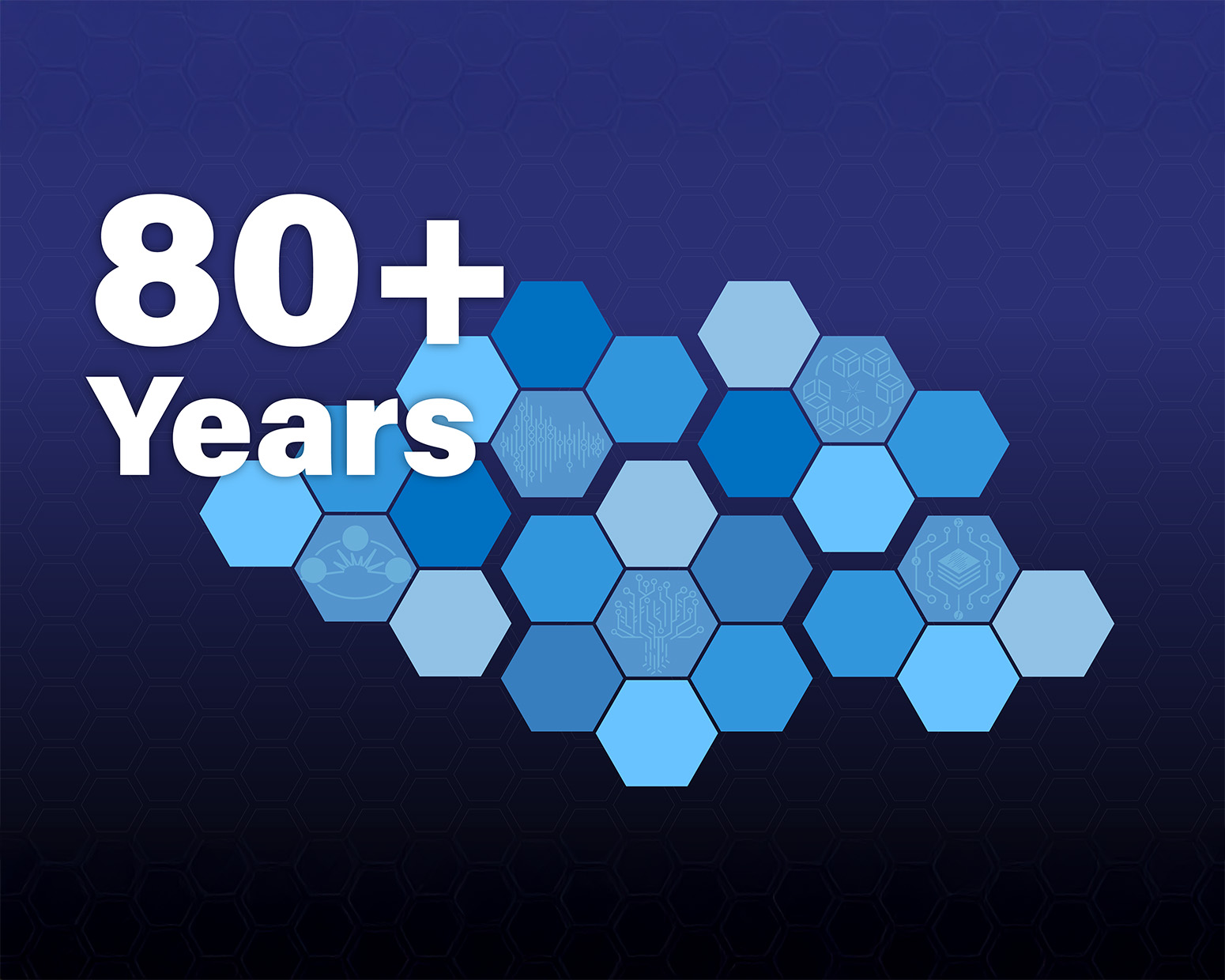Dubey joins new United Nations panel to study and report on nuclear war effects
Laboratory fellow selected for atmospheric chemistry expertise
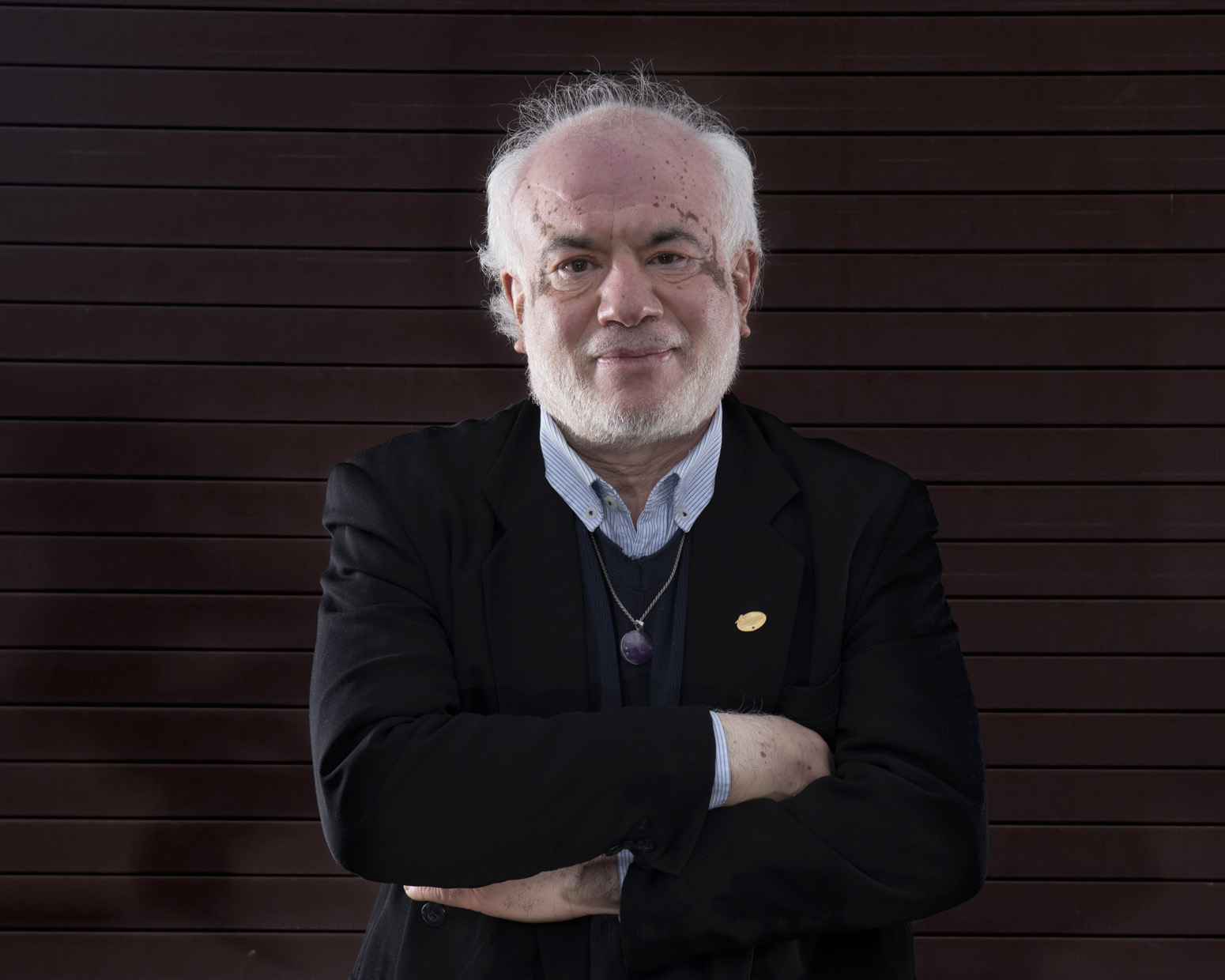
Los Alamos National Laboratory atmospheric scientist Manvendra Dubey is one of 21 international experts selected by the United Nations secretary-general to serve on the Nuclear War Effects and Scientific Research panel. This new, independent scientific panel will examine the consequences of nuclear war from the perspective of everything from local communities to the planet as a whole. Their work will culminate in a comprehensive report delivered to the UN General Assembly in 2027, which has not had such a report in almost 40 years.
What to know: Dubey is one of the world’s foremost scientists studying the interactions between wildfire smoke, solar radiation and clouds, and their impact on society. His expertise will help the United Nations make science-based recommendations to ensure that nuclear war effects are well understood in the context of public health, socioeconomics, ecology and agriculture.
Dubey briefed the National Academies panel on nuclear winter, citing National Nuclear Security Administration laboratory research findings, for its June 2025 report on nuclear war effects.
Of note:
- Dubey is a senior scientist in the Lab’s Earth and Environmental Sciences (EES) division.
- He has integrated lab and field measurements of aerosols to refine Earth system models throughout the Department of Energy system.
- He elucidated processes by which wildfire smoke cools climate, which are also important to evaluate the nuclear winter hypothesis, and discovered the methane hot spot in the Southwest’s Four Corners region.
- Dubey has been recognized as an American Association for the Advancement of Science fellow, a Fulbright fellow and a Los Alamos Laboratory Fellow. He served as the atmospheric chemistry program director at the National Science Foundation, and he has helped the Laboratory modernize its weapons effects research portfolio.
LA-UR-25-27361
